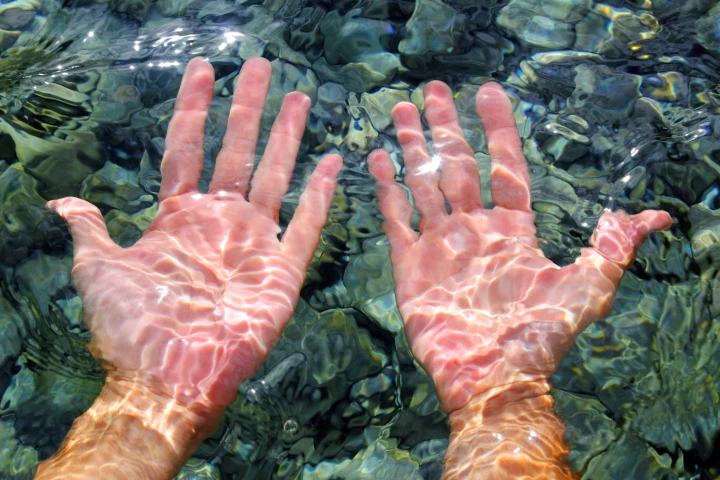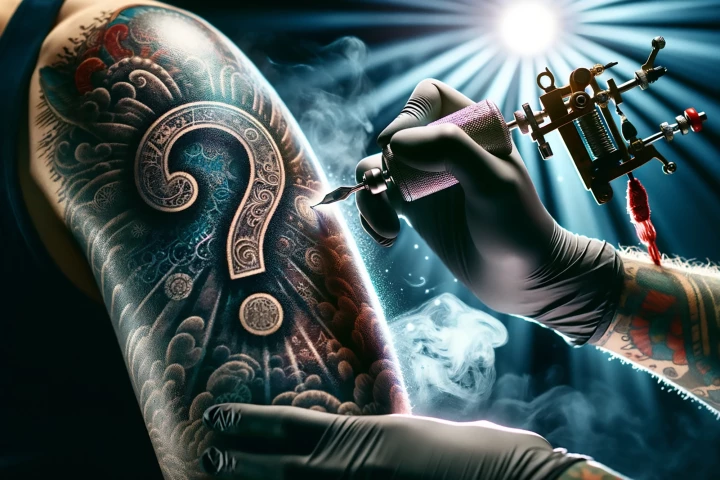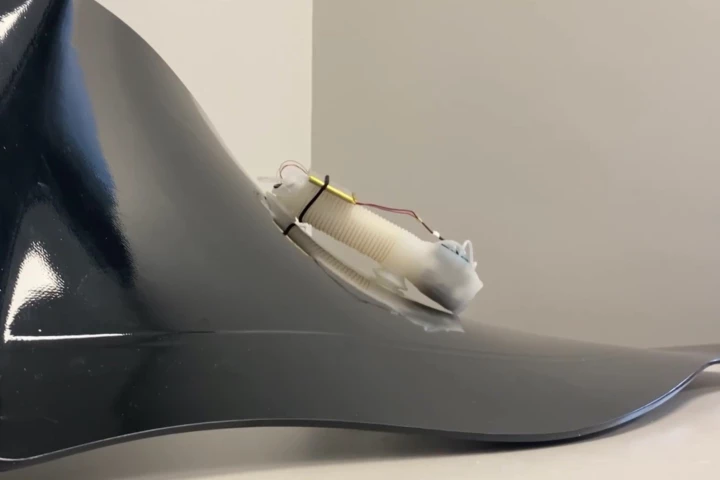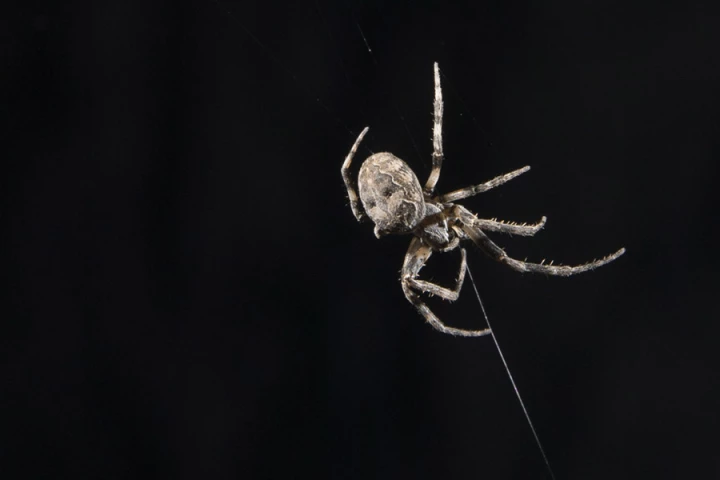Binghamton University
-
A question from a curious kid quickly led a team of scientists down a research rabbit hole – one that has now culminated in fascinating new knowledge about our water-wrinkled fingertips. And there's more to this discovery than a cool piece of trivia.
-
A humble little lizard has developed a clever escape route from predators – it blows a bubble over its nostrils and scuba dives to safety for 20 minutes or more. Now, a biologist has explored exactly how it works.
-
Analyzing tattoo inks from US manufacturers, researchers have found that 90% contained ingredients that weren’t listed on the label. The findings highlight the need for tighter manufacturing regulations around tattoo inks.
-
While seeing-eye dogs can be very helpful to the blind, raising and training them is a long and expensive process. Scientists have therefore recently started investigating the possibility of outsourcing the job to dog-like quadruped robots.
-
It goes without saying that it is very important for airliners' jet engines to be regularly inspected. Such inspections could soon be easier and more thorough than ever before, thanks to a robot that moves like an inchworm.
-
Researchers have developed a tiny battery that could be stored up to 100 years before being activated. The secret lies in sealing up dormant bacteria until it's time for them to be called into power-generating service.
-
New research shows early retirement can be linked to an acceleration of age-related cognitive decline. Looking at data from a pension program in China, the findings suggest increased social activity may mitigate the cognitive costs of early retirement.
-
New research presented at the fall meeting of the American Chemical Society, analyzing nearly 100 currently used tattoo inks, found many inks contained chemicals not declared on their ingredient list, and at nanoparticle sizes suspected to be harmful.
-
As digital music files become increasingly popular, compact discs are likewise becoming obsolete. There may still be a use for some existing CDs, however, as the gold foil in them could be used in the production of wearable biosensors.
-
Electricity-producing bacteria could be an intriguing renewable energy source. Engineers have now developed a biobattery that contains three layers of different bacteria species, which together take in sunlight and produce electricity.
-
Last year, we heard how anole lizards are able to breathe underwater from an air bubble on their nose. One of the scientists involved in that study has now documented a spider doing something similar – although the bubble covers its whole body.
-
Scientists have made another extraordinary discovery concerning spider silk, finding that orb-weaving spiders use their webs as an array to extend their sense of hearing, a finding that could lead to advanced new forms of audio hardware.
Load More











